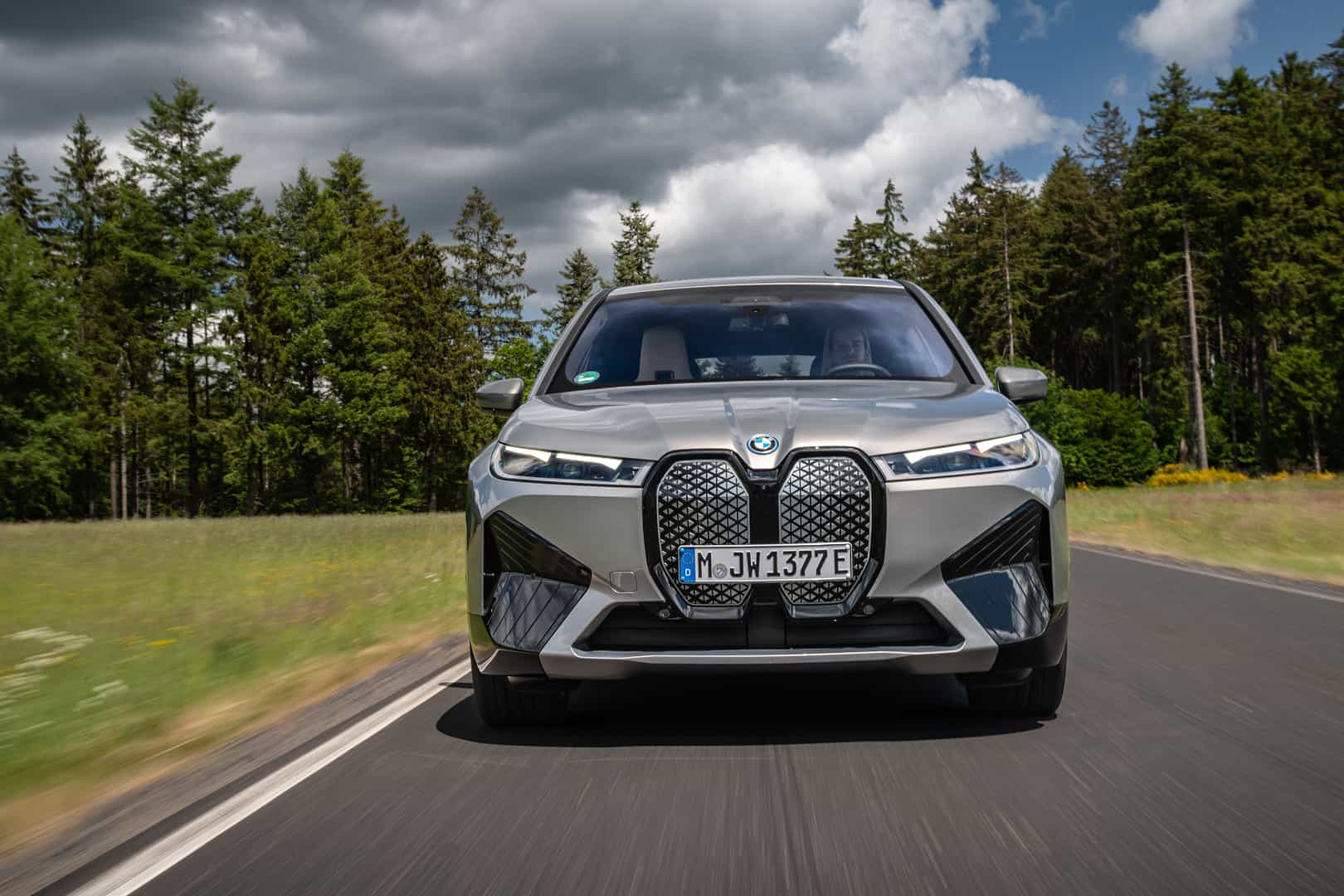Mercedes caught quite a bit of heat a few weeks back for offering an over-the-air performance upgrade for its EQS line of electric sedans and SUVs. The idea was simple, pay a yearly fee and you get some extra horsepower and torque. Customers and enthusiasts were irate, as it felt like a slap in the face. If all the car needs is a software unlock to make it more powerful, then customers were scammed in the first place. According to BMW’s head of technical development, Frank Weber, the Bavarians won’t be doing such updates. But it’s not out of the goodness of their hearts.
According to Weber, who spoke at a roundtable during the 2023 CES, BMW will stay away from over-the-air performance upgrades. It’s not because such updates are wrong, though. Instead, it’s because doing so will be too much of a hassle.
When a car manufacturer designs a car, they have to report its power ranges, specs, and capabilities, for safety and regulatory purposes. It’s a process that takes money and quite a bit of time. However, if a car company changes those power ranges, specs, or capabilities in any drastic way, they have to start the whole process all over again and hope that they pass. Regulations force automakers to worth within certain parameter’s, depending on the car.
So when you buy an electric BMW from the factory, its power figures will remain the same, unless a new version is launched. There will be no charging a ton of extra money for a few unnoticeable ponies. It will be interesting to see if Mercedes scraps its plan for subscription based performance enhancements on the EQS and EQE models, as its EVs’ lack of power is its biggest complaint. Either way, BMW is staying away OTAs and that’s probably for the best.






































































